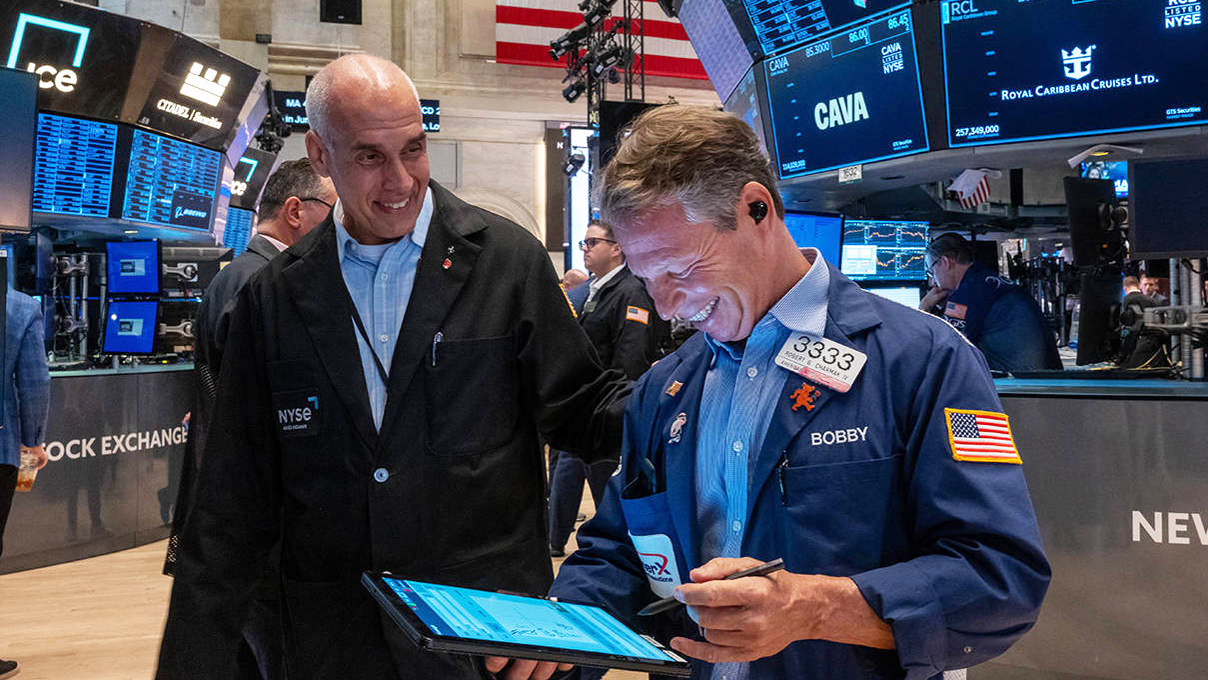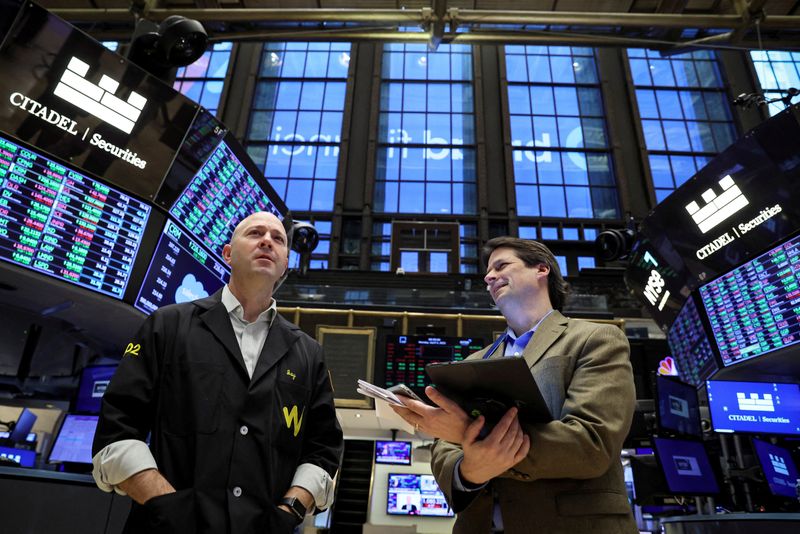



Global financial markets have been experiencing a gradual accumulation of new highs in stock indices since the beginning of the year. This trend can be attributed to the resilience of the US economy, which has helped restore investor confidence. Despite interest rate hikes, the job market in the US has remained competitive, contributing to the overall positive sentiment. The disinflation process has also had a positive impact on consumer sentiment and the markets. The decisions made by the Federal Reserve (FED) have played a significant role in shaping market dynamics, with the slowing pace of balance sheet reduction being seen as a relief. Additionally, the US has implemented a buyback of US bonds to reduce volatility and tensions in the bond market. Synchronized interventions between different central banks, such as the Bank of Japan, are also important factors to consider. The growth of M2 money supply indicates impending robust economic growth. The increased liquidity in the market has led to euphoria over risk assets, as observed with the surge in meme stocks and altcoins. Several indicators point to an improvement in liquidity in the coming months, which could potentially lead to a melt-up in financial markets and boost riskier assets. However, caution is advised in such situations [5e12fdec].
US asset prices, including equities, gold, cryptocurrencies, and industrial metals, are rising despite a contraction in money supply. Gavekal Research strategists note that this is a divergence from the typical correlation where excessive money supply growth favors asset price increases. Non-monetary factors such as the rollout of artificial intelligence and strong corporate earnings are believed to be influencing asset prices. The market anticipates a loosening of US monetary policy, which could lead to renewed growth in money supply. However, there are concerns that if the drivers supporting asset prices weaken, prices may decline. Most asset prices have shown signs of softening in the past few days [10709b80].
Investors in US markets have shown resilience to risks due to faith in certain technology firms, confidence in American economic exceptionalism, and faith in the US Federal Reserve. However, recent developments have put pressure on two of these factors, making the durability of a positive outlook more dependent on the Fed's monetary policy. The tech companies driving market gains are at the forefront of the AI revolution, but concerns about a potential bubble have arisen. Confidence in America's economic exceptionalism is also waning, particularly for lower-income households and small businesses. The Fed's monetary policy is crucial, with investors assuming that any economic slowdown will trigger a loosening of policy. Continued confidence in the Fed put is warranted if the Fed can avoid overly restrictive monetary policy and navigate domestic and international uncertainty [6984adcf].
Nomura, a leading financial institution, believes that the Federal Open Market Committee (FOMC) is prioritizing the strengthening of the US economy and considers inflation to be less important. They also mention that the 'event premium' on today's Consumer Price Index (CPI) announcement is fairly high. Nomura states that downside risk in the US equity markets has decreased, citing macro hedge funds buying into the pullback. They also note that the downside risk posed by systematic investors is now less serious. Volatility levels are expected to remain elevated due to uncertainty surrounding the US economy. Nomura suggests that the market assigns higher event premiums to economic indicators, given the increased uncertainty. Members of the FOMC are signaling a focus on keeping the US economy healthy, which implies that indicators of inflation are seen as less important. However, the event premium assigned to this week's CPI announcement is still fairly high [27903dda].
The US Federal Open Market Committee (FOMC) is expected to instill confidence in the US economy as inflation continues to decline. Westpac, a leading financial institution, remains confident in the US economy and predicts that the FOMC may cut rates in response to the declining inflation. This move is aimed at supporting economic growth and maintaining investor confidence. The FOMC's decision will be closely watched by market participants, as it will have a significant impact on the direction of monetary policy and market dynamics. The US economy's resilience and the FOMC's actions will continue to play a crucial role in shaping investor sentiment and market performance [75e073a2].